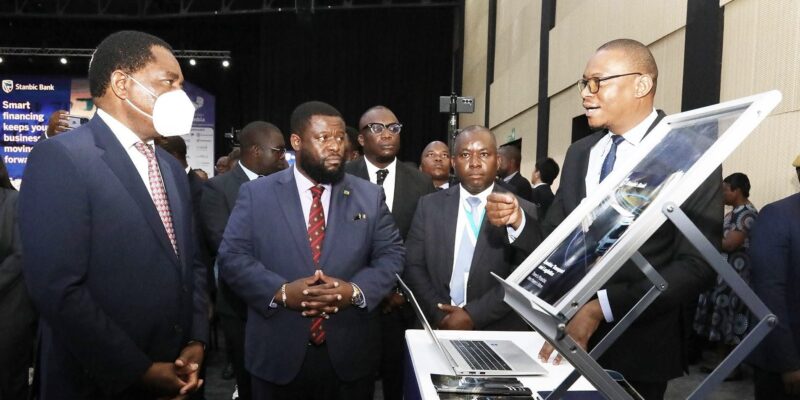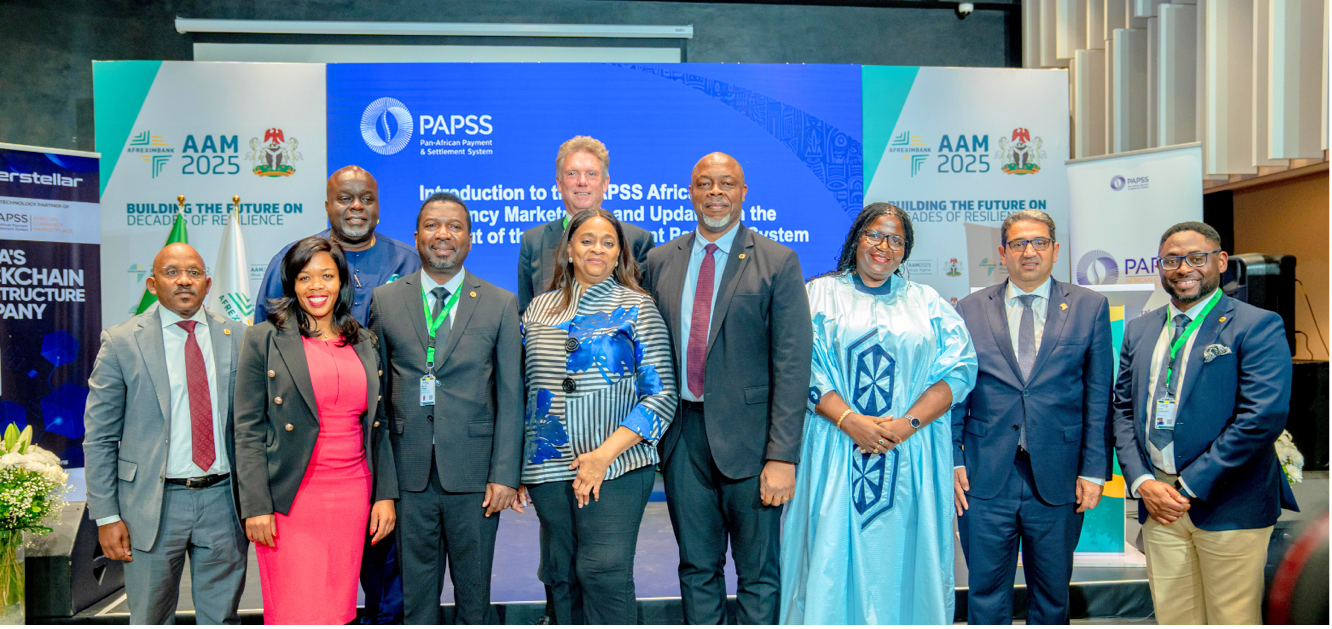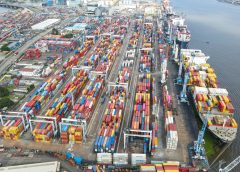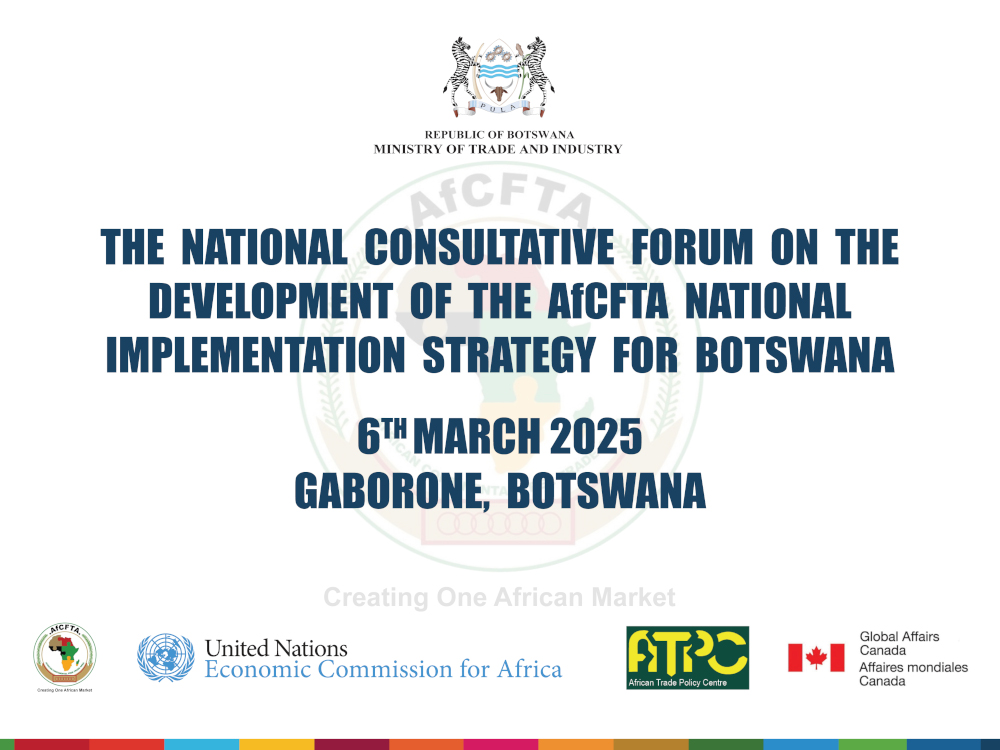
As President Hakainde Hichilema reiterates calls for non-stop border posts across Africa
Stanbic Bank has stated that the transport and logistics sector is key to driving economic growth through increased trade and commerce, and that the Bank is ready to finance the sector.
Speaking during the opening of the 2025 Annual Land-Linked Zambia (LLZ) Conference and Exhibition, Stanbic Chief Executive, Mr Mwindwa Siakalima, observed that Zambia is well positioned as a transport hub with major corridors passing through the country. This, combined with increased trade and commerce, particularly in mining, presents an opportunity for transport and logistics players in Zambia, with Stanbic ready to provide tailored financing solutions.
The 2025 Annual Land-Linked Zambia (LLZ) Conference and Exhibition
Organised in collaboration with the Ministry of Transport and Logistics, this year’s LLZ Conference, taking place on 10–11 April 2025 in Lusaka, is a transport and logistics indaba that brings together various stakeholders in the sector, ranging from port and border authorities to freight agents and financial services institutions, in a forum for the exchange of latest trends and the facilitation of business networking and match-making.
This year’s conference is the fourth edition and is being held under the theme “Embracing Smart Transport Corridors in Africa”. SMART, which stands for “Safety, Mobility, Automated, Real-Time Traffic Management”, is the key focus of this year’s indaba, which has attracted over 600 attendees, more than 50 exhibitors and 14 SADC Transport Ministers, among others.
Speaking at the official opening, Mr Siakalima noted that Stanbic has been a partner of the Land-Linked Conference for a number of years and believes that the transport sector is one of the key drivers of economic development, which must be adequately elevated to attract the right level of awareness.
Stanbic commends government policies that will modernise trade corridors and accelerate economic growth
Mr Siakalima commended the Zambian Government’s efforts in implementing the National Transport Policy Implementation Plan, which aims to create an intermodal transport system that links the four modes of transport — rail, road, air and water — and ultimately transform Zambia into a regional transport hub by 2028.
He also acknowledged the Ministry of Commerce, Trade and Industry’s Border Development Strategy, which is designed to enhance trade facilitation, upgrade border infrastructure, and foster economic growth in border communities — further supporting intra-African trade under the African Continental Free Trade Area.
Mr Siakalima said, ‘The successful implementation of the National Transport Policy Implementation Plan will largely depend on robust resource mobilisation and commitment from sector players, and Stanbic Bank is proud to be an active player in supplementing government’s efforts through our tailored finance solutions, which have been helping to foster closer regional economic trade.’
Transport prospects and Stanbic’s role
Mr Siakalima noted that Zambia is uniquely positioned and land-linked to eight neighbouring countries, making it a transport hub with several trade corridors passing through to various destinations. This presents an opportunity for local transport and logistics players to be a part of the wider transport value chain.
He added that with Zambia’s copper mining productivity delivering over 820,000 metric tonnes last year, he is confident that mining output will continue to grow exponentially and present opportunities for further investment in local and regional transport linkages, as well as in the transport and logistics sector.
‘With these developments, we believe that the financial services sector must continue to play a leadership role in driving growth in Zambia and across Africa through relevant support to the transport and logistics sector to enable its advancement.’
‘At Stanbic, we are committed to maximising opportunities for sustainable and inclusive growth through solutions that assist transporters in fleet management, offer innovative access to finance instruments, facilitate cross-border payments, and provide insurance — all of which can support commerce and trade in pursuit of our shared economic integration agenda,’ said Mr Siakalima.
President Hichilema calls for non-stop border posts to decongest traffic and expedite cross-border movement
Officially opening this year’s conference, President Hakainde Hichilema said that proper transport infrastructure will not only open up Africa for trade and investment, but will also deepen inter-country relationships and attract investment from both the East and the West.
He reiterated the importance of one-stop border posts to ease the movement of goods and services.






